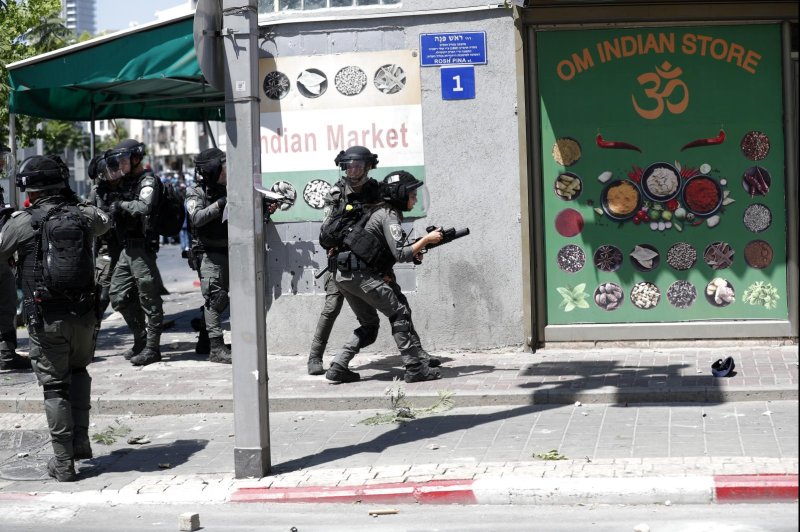By Dr. Tim Sandle
September 3, 2023

The world is far off track to meet its climate targets - Copyright AFP Ed JONES
In the first ruling of its kind in the U.S., a Montana state court has decided in favour of young people who alleged the state violated their right to a “clean and healthful environment” by promoting the use of fossil fuels. The landmark decision is the first of its kind to go to trial in the US and has nationwide implications, according to The Guardian.
Maya van Rossum (environmental activist, attorney, leader of the Delaware Riverkeeper Network and Founder of the national Green Amendments For The Generations movement) has outlined the national implications for this crucial victory to Digital Journal.
van Rossum considers the constitutional importance of the ruling, noting “This ruling is the first time that a court is directly interpreting the constitutional right to a clean and healthful environment as including the right to a safe climate.”
The narrative continues, considering the democratic elements: “The oil and gas industry, and their friends in Montana’s government, are now on notice that the people of Montana have the higher power of the constitution to help them ensure protection of their climate. It is no longer simply the prerogative of the state legislature to determine whether or not the environment and climate will be protected – it is not an entitlement of the people to ensure the government protects their environment.”
van Rossum also considers the legacy that the ruling presents in terms of future climate related actions: “Quite simply, in Montana, the people now have a powerful legal tool to take on government officials who are failing in their moral, political, and now constitutional duty to protect the environment, the climate and the health and safety of present and future generations.”
Returning to the implications of the ruling, van Rossum finds: “This decision instils an obligation on all Montana government to not only prohibit activities that will violate the constitutional right to a safe climate, but also instils an affirmative obligation to protect those rights. And the decision makes clear that when oil and gas operations advanced by the Montana government will irreparably harm the health and safety of present and future generations, the people have the highest legal authority available in the state to help protect them – their state constitution.”
The result is pivotal and may cause other activists in other states to pursue similar claims. van Rossum’s assessment is: “This is not the first time constitutional environmental rights language has been used to defeat state legislation that advances and increases fossil fuel extraction, but it is the first time it has done so based primarily on the climate changing ramifications of the legislation. It is also the first time that a constitutional right to a clean and healthful environment has been determined to include the right to a safe climate.”
Considering future legislation further, van Rossum assesses: “Montana is 1 of only 3 states that currently recognize a RIGHT of all people in their state to a clean, safe and healthy environment in the form of a constitutional Green Amendment. A Green Amendment is a Bill of Rights/Declaration of Rights provision that recognizes and protects the rights of all people to clean water and air, a stable climate, and healthy environment, and places those rights on par with other fundamental rights such as speech, religion, property.”
Considering where such actions may arise from next, van Rossum predicts: “This ruling informs how similar constitutional language in Pennsylvania and New York’s constitutions should be interpreted. It will also support the advancement of similar language in a growing number of states considering constitutional Green Amendments for addressing the climate crisis, as well as other significant and growing environmental and environmental justice concerns.” There remains more to do, however, and van Rossum has the following note of caution for the environmental movement: “While this ruling solidified the interpretation of a clean and healthful environment to include climate, it should also support efforts in the 15 other states considering Green Amendment proposals to be explicit in the inclusion of climate rights, in order to avoid the need for lengthy and detailed evidence demonstrating that the climate crisis is harming the essential aspects of the environment critical for healthy lives.”













